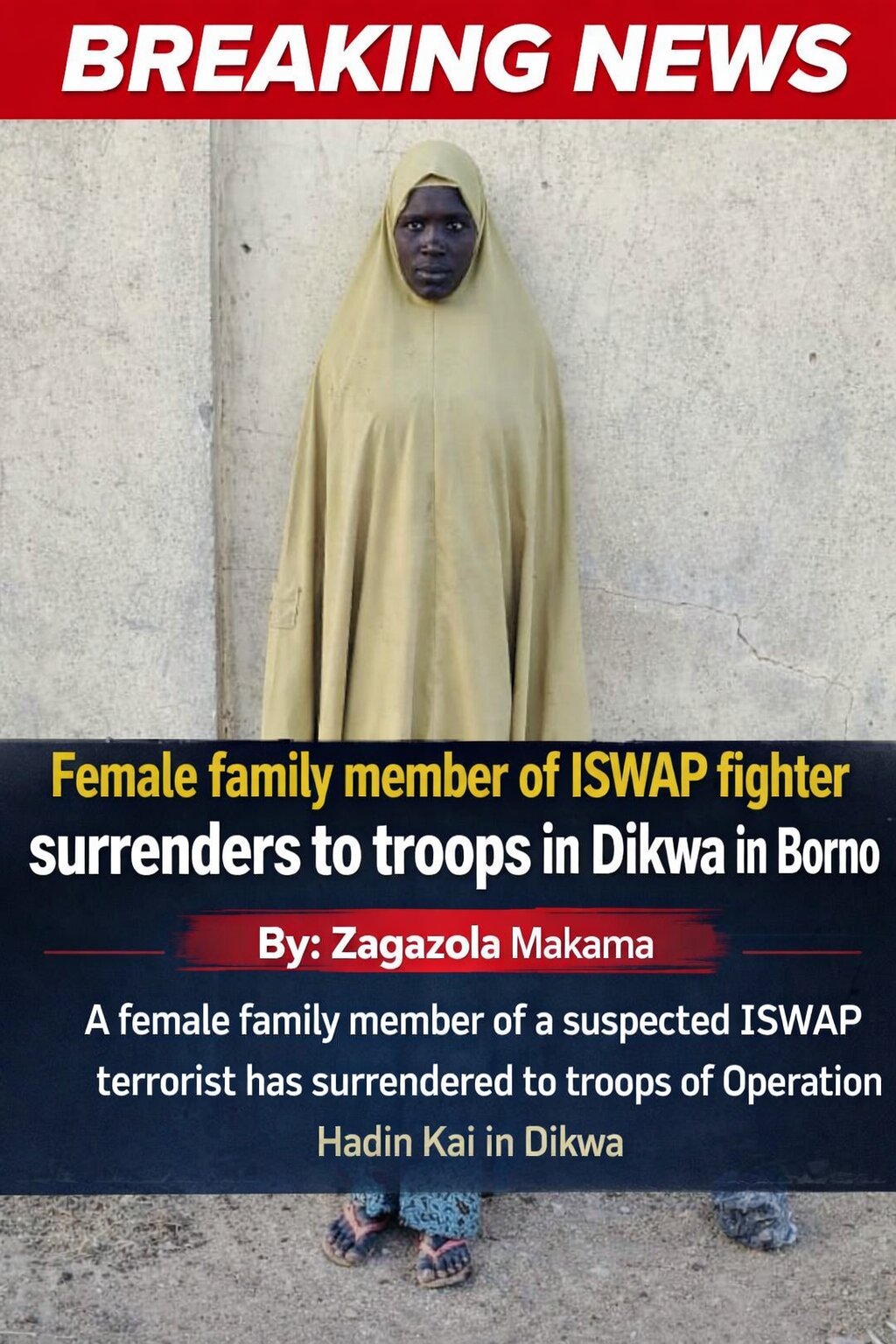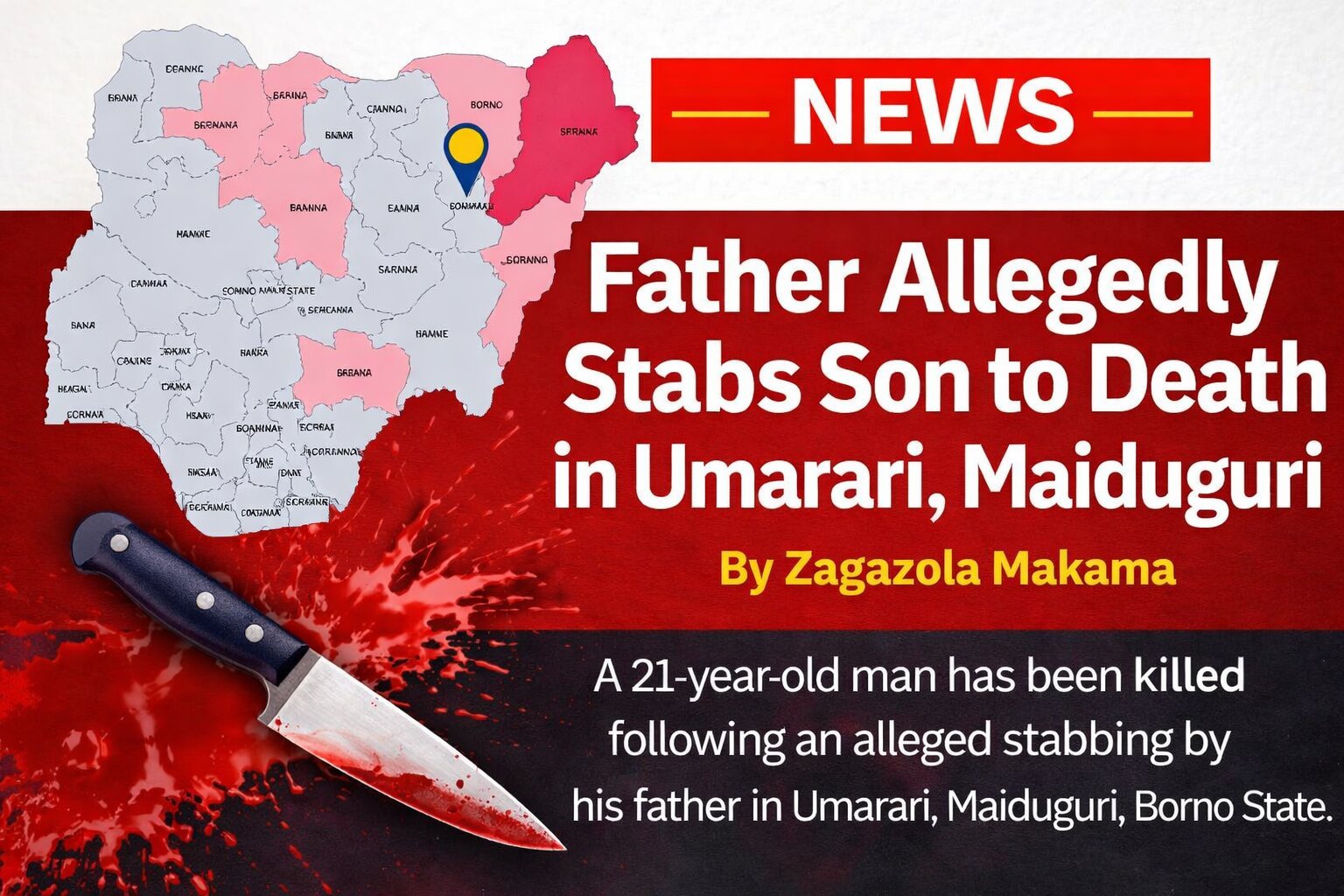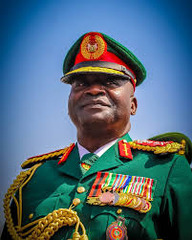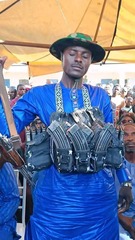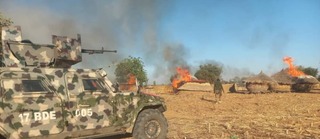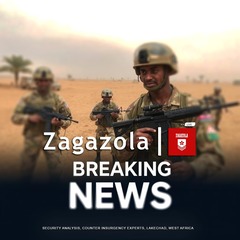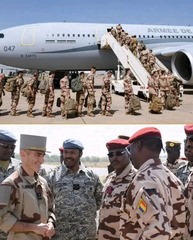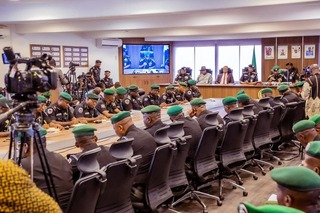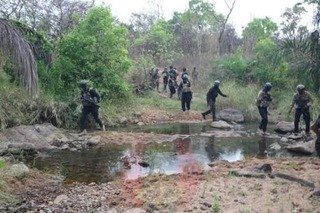Abuja summit: defence chiefs push for African-made solutions to security challenges
By: Zagazola Makama
The 2025 African Chiefs of Defence Staff Summit in Abuja has placed Africa’s security conversation at a defining crossroad: the continent must shift from dependence on foreign arms to building its own defence industry and digital warfare capacity.
At the heart of the deliberations was a message that echoed across the hall Africa’s greatest security threats now come from within.
The Chief of Defence Staff (CDS), Gen. Christopher Musa, captured the mood when he declared that the enemy Africa faces today is not just external but embedded in asymmetric, digital, and invisible networks.
“The battlefield is evolving, and today’s threats are no longer confined to conventional warfare; they are digital, asymmetric, and often invisible. The enemy is within,” Musa said.
For him, modernisation of Africa’s militaries is not optional but imperative. He urged defence chiefs to commit to investing in cyber defence, artificial intelligence, and indigenous military technology if the continent is to win the wars of today and tomorrow.
The CDS stressed that sacrifices made by African soldiers in multiple theatres of conflict must not be in vain, noting that their courage should inspire institutions that are resilient and future-ready.
President Bola Tinubu, represented by Vice President Kashim Shettima, opened the summit with a rallying call for Africa to become a producer and not merely a consumer of military hardware.
Tinubu said insecurity across the continent – ranging from insurgency and terrorism to piracy, cybercrime and organised criminal networks – could only be countered through shared intelligence and a new collective defence doctrine.
“None of these tragedies respects borders, and neither should our response,” Tinubu said.
He argued that Africa’s survival depended on forging unity in military doctrine, training, and strategy.
“We must build a framework where our defence system must speak with one voice and act with one caucus. The nature of warfare has evolved, so our response must not be less dynamic,” he added.
The president also pushed for private sector involvement in Africa’s defence sector, insisting that investment in indigenous technology was critical to the survival of nations. He proposed the institutionalisation of the African Chiefs of Defence Forum to sustain dialogue and operational foresight.
For the Minister of State for Defence, Bello Matawalle, the continent faces a future of increasingly complex and unpredictable warfare.
“The future of warfare is digital and unpredictable. African security must be driven by African solutions, leadership and unity,” Matawalle said.
He called for the summit to become an annual platform for dialogue and reaffirmed Nigeria’s commitment to strengthening partnerships at all levels to advance peace, stability and democratic governance across the continent.
Stakeholders at the summit note that Africa’s continued reliance on foreign arms and external solutions has left its militaries vulnerable and dependent. For them, the emphasis on cyber defence, artificial intelligence and indigenous weapons development may well mark the beginning of a new phase in the continent’s long fight for security and stability.
The Abuja summit thus provided not only a platform for strategic dialogue but also a moment of truth: Africa’s defence future rests in its own hands.



